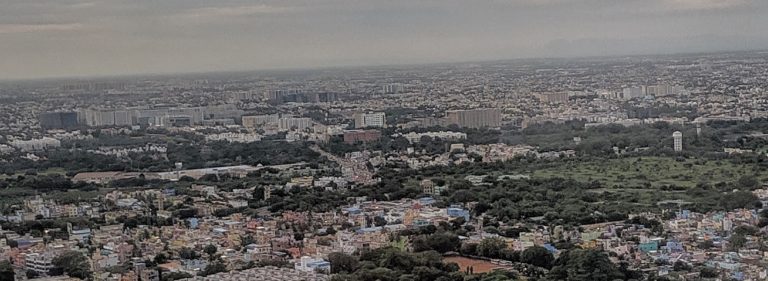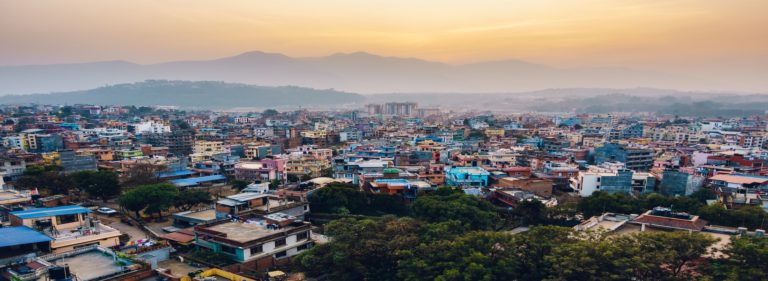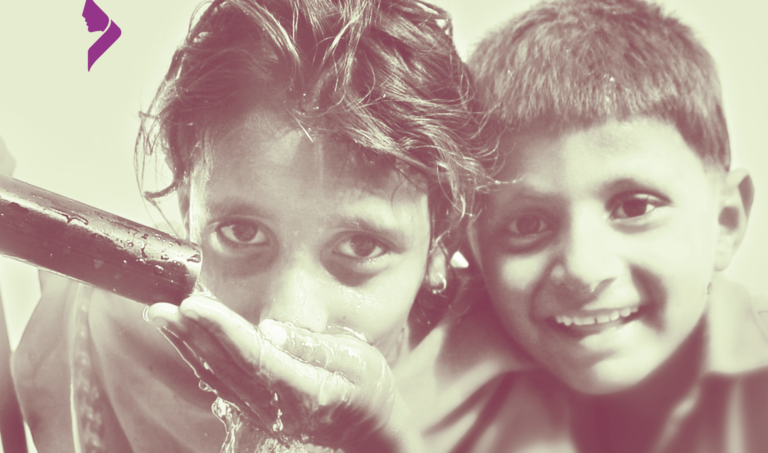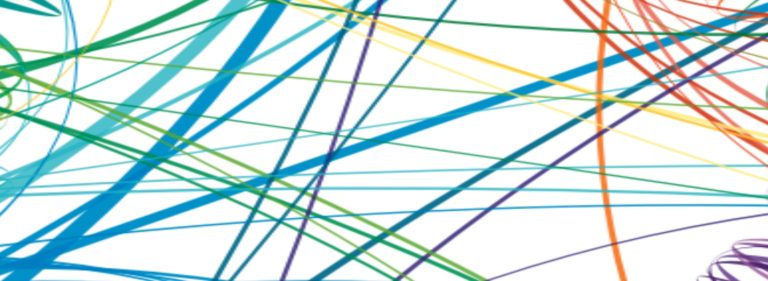This 90-page report provides a detailed account of the findings of a study conducted in 30 schools across five provinces in Thailand on the impact of bullying on students who are or are perceived to be LGBT. The study also investigated the educational needs of transgender and same-sex attracted students and the training needs of teachers to help prevent the bullying of LGBT students. The study found that 55.7% of students who self-identified as LGBT had been bullied within the previous month because they were LGBT. Moreover, it was found that students who had been bullied for being LGBT were more likely to miss class, become depressed, have unprotected sex and attempt suicide than students who had not been bullied. Yet none of the schools studied had written policies or prevention measures to address bullying of LGBT students.
The report emphasises the need for increased teacher training on the needs of LGBT students and on bullying prevention. The language used by teachers in the study was found to be stigmatising of LGBT students. The report suggests that teachers need to be supported to understand sexual and gender diversity and to include such knowledge into comprehensive sexuality education that is inclusive of all students. The report offers a series of recommendations for both schools and policy makers to address the challenges faced by LGBT students in schools in Thailand.











